2nd Pan IIM World Management Conference at IIMK: Let a thousand schools of thought bloom
This is the second of our series on “Globalizing Indian Thought” – theme of the 2nd Pan IIM World Management Conference being hosted by IIMK during November 5-8, 2014. We invite you to join the debate.
Let a thousand schools of thought bloom
By Prof Kausik Gangopadhyay
In this age of globalization and unprecedented advancement in Information and Communication Technology, when human beings across the globe can interact with each other, share with each other anything and everything at a moment, when human beings across continent run organisations that operate globally, can there be something called “Indian Thought”? How relevant are now the identities like Indian/ Western/ Asian/ American etc.? The fundamental identity of all of us is that we all are human beings. Shouldn’t we strive to break all artificial barriers of language, culture, race, ethnicity, caste, creed and religion between us? Isn’t the word “Indian thought” itself a relic of the past, an antiquated expression?
I beg to differ through an analogy.
Fundamentally, all elements of the world are composed of electrons, protons and neutrons. Different elements have no distinct identity other than being combinations of electrons, protons and neutrons. However, classification and categorisation of elements are equally important and desirable for mastery over those elements. It is important to study properties of each and every element, separately. All of them enrich human civilisation in different manners. In the same vein, any human thinking has some identity associated with it—be it Indian, Western, Asian etc.
Abrogation of all human identities (social structures) is impossible; when it is accomplished forcibly, we end up with creating new identities (new social structures). The dominant identity among many different human identities assumes the role of universal human identity. The other identities are engulfed and discarded by the dominant identity.1 An illustration of this phenomenon is the contemporary global standards which now are, unsurprisingly, the Western ones.
Is that desirable? Is that in the interest of human evolution and human progress?
None, indeed, likes to see the world/worldview he/she has, being dominated/ being decimated. Human sentiment is often against change. This inertia is natural. Being heedless to this natural human proclivity, creates unhealthy vacuum in human psyche. But then again, it is also true that Change is Life. A closed system has much less chance of survival than an open one. There needs to be a balance between these two extremes of human proclivities: Static and Dynamic aspirations must go side by side. Too much a Change in too little time is not a genuine reflection of Human Progress but imposition of dominant identity on others—no less than cultural imperialism.
The foundation of West’s scientific progress in the last five centuries rests on an element of Indian though: Zero and decimal system. Before the arrival of this system to Europe in the thirteenth century (it took another two hundred years for this system to be well-accepted in Europe), Europe’s scientific progress was inferior to most cultures of then contemporary world.2 Even in eighteenth century, many aspects of Indian science (astronomy) and technology (agricultural, iron works, inoculation etc.) were admitted by Europeans as superior compared to their Western counterparts.3 Kurt Gödel, in the twentieth century, discovered the inconsistency of binary logic; Nāgārjuna, the Buddhist philosopher of third century CE, has shown similar profoundness in his formulation of four-way logic.4 From the city-planner of Harappa to the professors of ancient Nalanda University deliberating on discourses of Nāgārjuna to the navigators of the Chola Navy, all must be rational and objective, no less than their Western counterparts.
Let a thousand flowers bloom—each with its distinct hue and aroma. That is the kind of globalisation which will facilitate human progress. Indian thought like others will be part of this process—dissemination without aggression, change without being thrust upon.
Endnotes
- This point is deftly discussed in Being Different: An Indian Challenge to Western Universalism authored by Rajiv Malhotra (2011, Harper Collins). I gratefully acknowledge the role of this pioneering work in structuring the thought of this article.
- The history of arrival of Hindu-Arabic number system to Europe along with the importance of this event is narrated in Against the Gods: The Remarkable Story of Risk by Peter L. Bernstein (1998, Wiley).
- Dharampal compiled these European accounts in Indian Science and Technology in the Eighteenth Century (2000, Other India Press).
- Garfield, Jay L. The fundamental wisdom of the middle way: Nāgārjuna’s Mūlamadhyamakakārikā.(1995, Oxford University Press).
Prof Kausik Gangopadhya is an Associate Professor of Economics at IIM Kozhikode
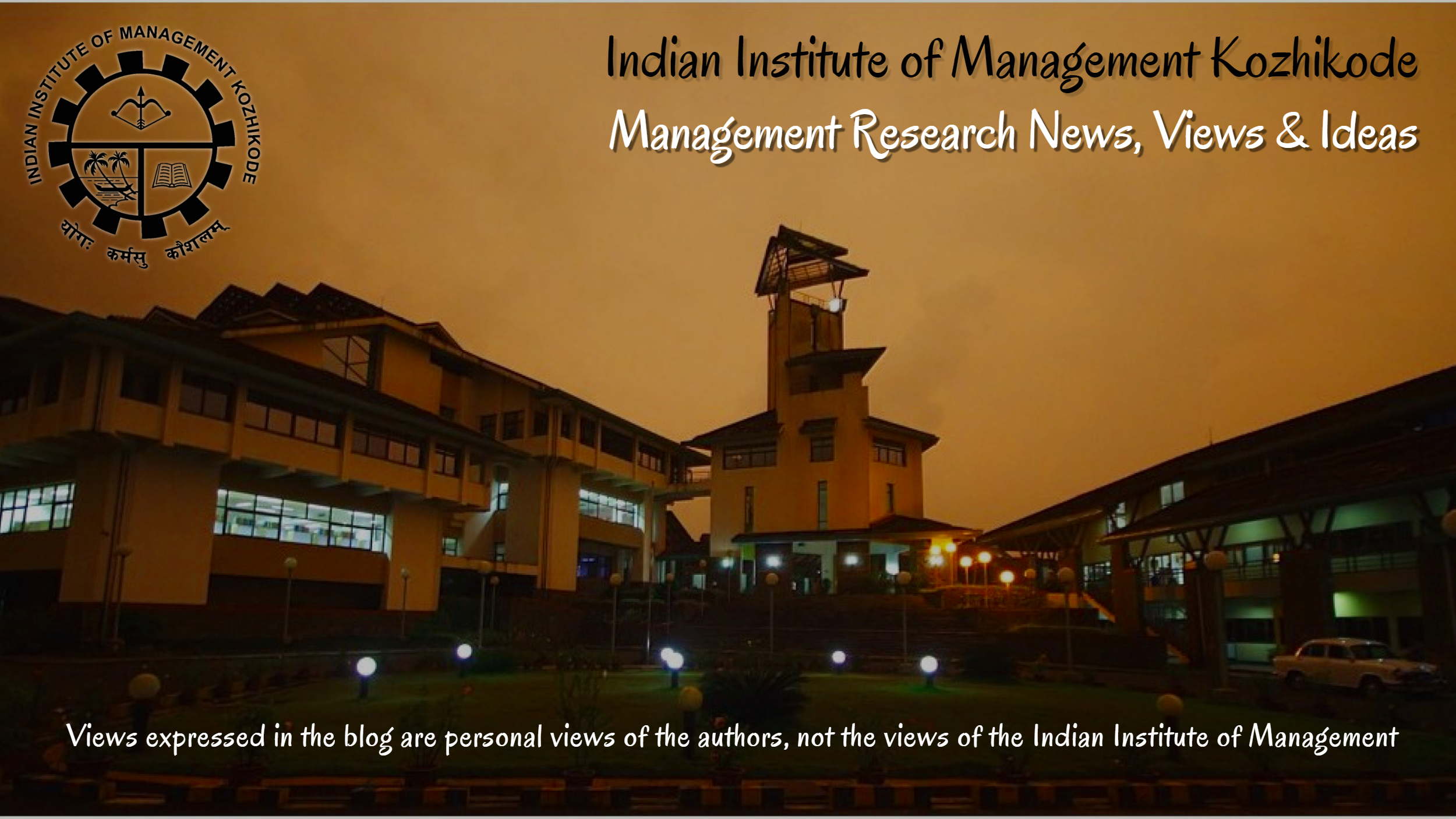


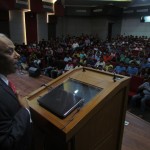
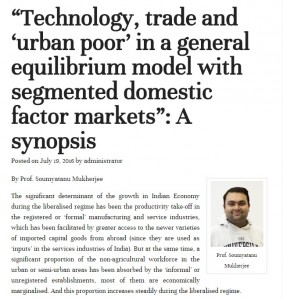


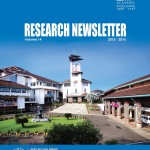
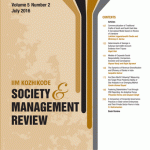
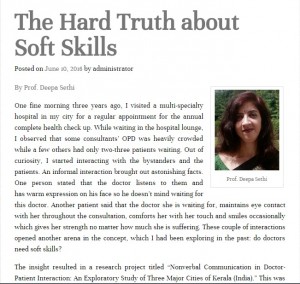
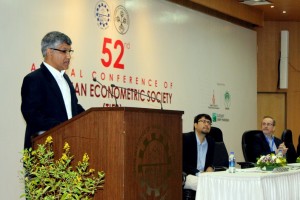
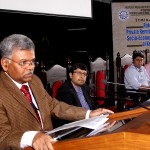





 Users Today : 494
Users Today : 494 Users Yesterday : 431
Users Yesterday : 431 This Month : 1749
This Month : 1749 This Year : 37242
This Year : 37242 Total Users : 595486
Total Users : 595486 Who's Online : 2
Who's Online : 2